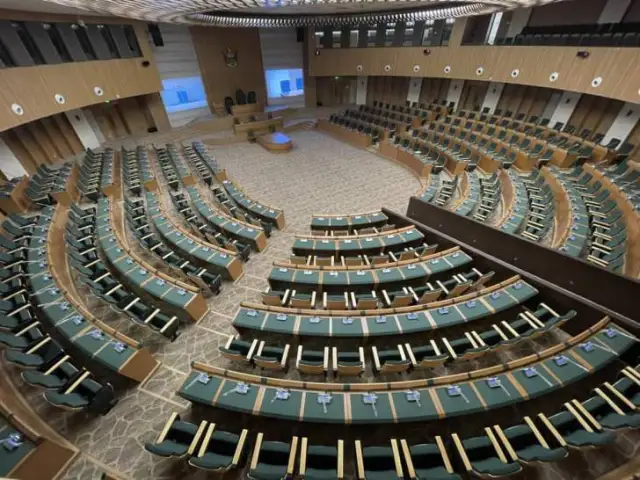Young women are currently disfranchised when it comes to political and civic processes due to normative processes in the country.
This came out during an Accountability Lab Zimbabwe discussion on the X platform on the power of young women’s voices and participation in public processes.
Speaking during the meeting, Information and Advocacy Officer at WELEAD Trust, Karen Manzera said a number of factors are leading to the disfranchisement of young women.
“In terms of the status of participation of young women in the country currently, it’s not a secret that young women are currently disfranchised from the political and civic processes due to a number of factors. Firstly there is the issue of ageism normative policies in the country as well that bare young women from participating in these different processes,” she said
“We can look at how the constitution allows someone to vote at 18 but goes on to say you cannot be voted for, it acknowledges that at 18 someone is old enough to be voting for someone else but not to be voted for, so those are just ageistic policies.”
Manzera said the youth quota itself did not come with a gender component and as a result, few young women were selected.
“There are seven young men and three young women in the youth quota that was elected on the 23rd of August so that again shows the disfranchisement of young women in the different processes in the country,” she said.
Meanwhile, the director of Sprout Women Empowerment Trust and Accounterprenuer, Caroline Mutimbanyoka said the issue of unpaid care work hinders young women from participating in public processes.
“In as much as they would like to participate, the duties that they have weigh heavily on them and they are not able to actually go and attend some of these processes let alone the issue of political participation.”
In addition, Mutimbanyoka said the issue of resources also hinders women from participating in public processes.
“The issue of resources themselves, funding their campaigns or being able to be part of that space, campaigning and doing the whole process requires you to be financially stable. People will be asking you what you are offering us and largely our electoral processes are filled with some token of appreciation that you have to give for people to actually vote for you,” she said.
Mutimbanyoka said the other critical component is the limited opportunities in political parties themselves
“There is a lot that needs to be done in terms of being very deliberate about promoting women to actually participate in elections. If you look at the 2023 elections, people were hardly looking for a woman agenda, people were looking at voting for a political party, meaning change should start happening within the political party themselves to say we have a deliberate number that we need to align ourselves with the constitution,” she said.

